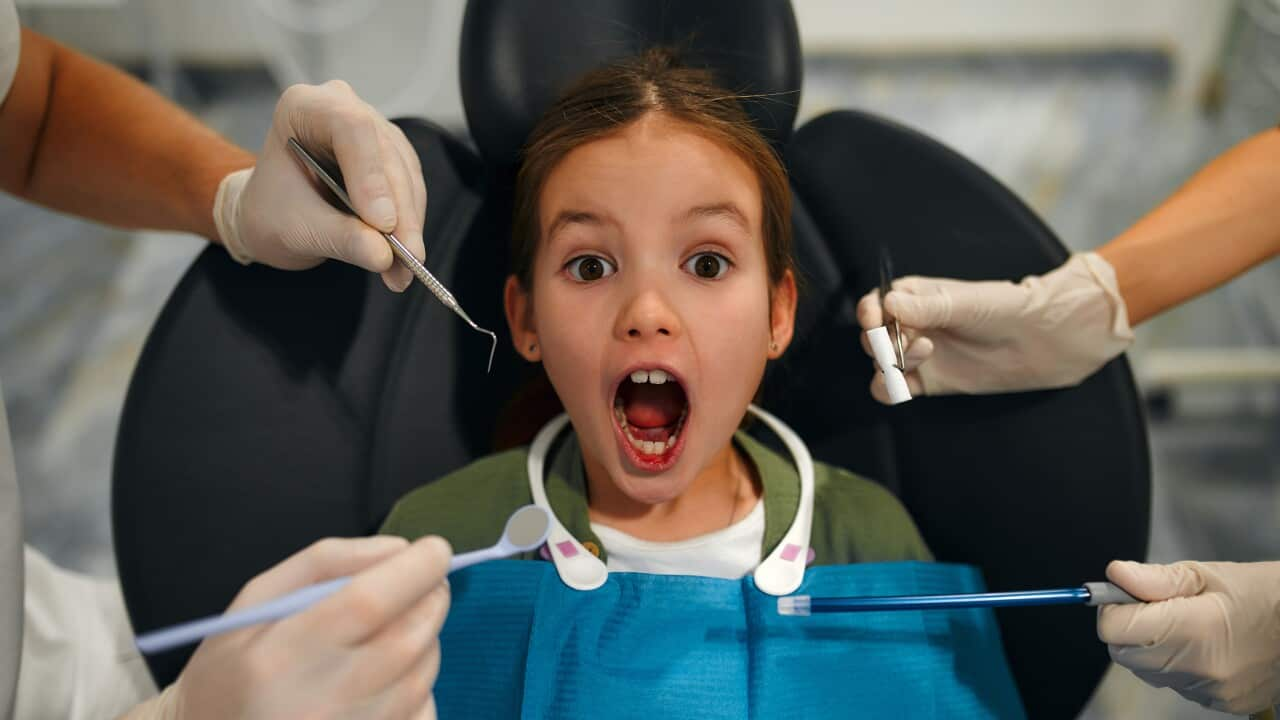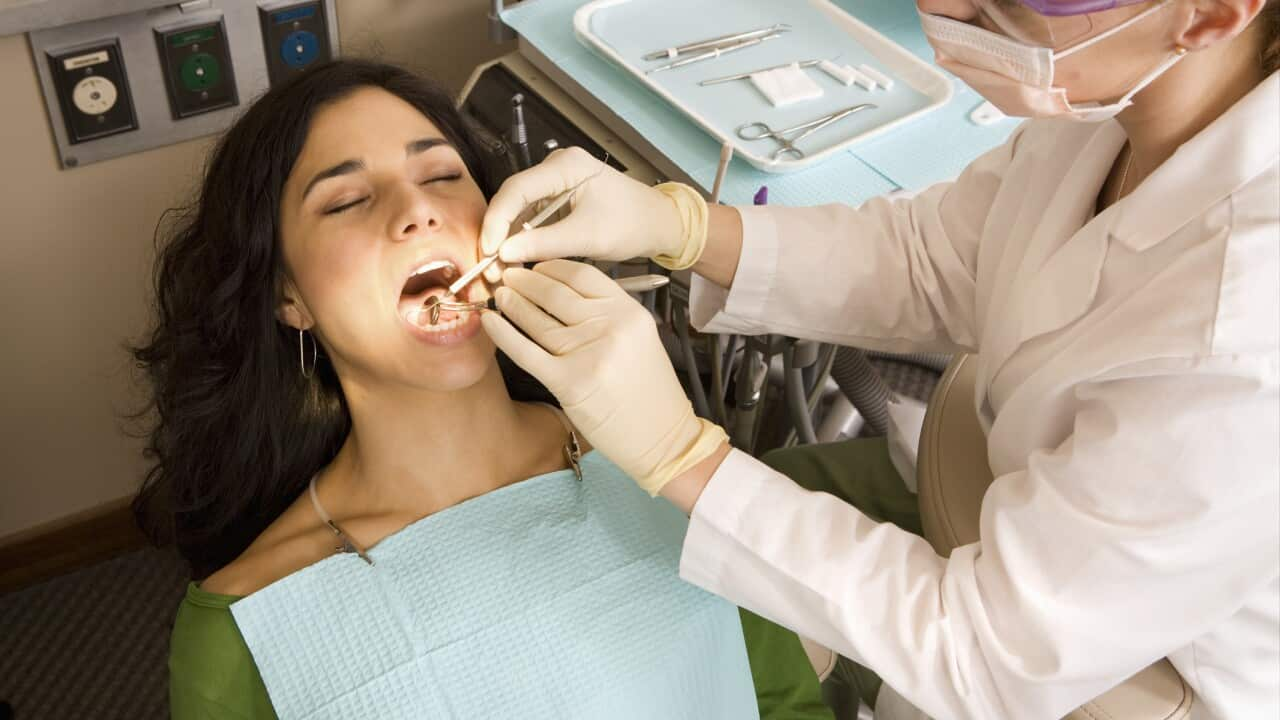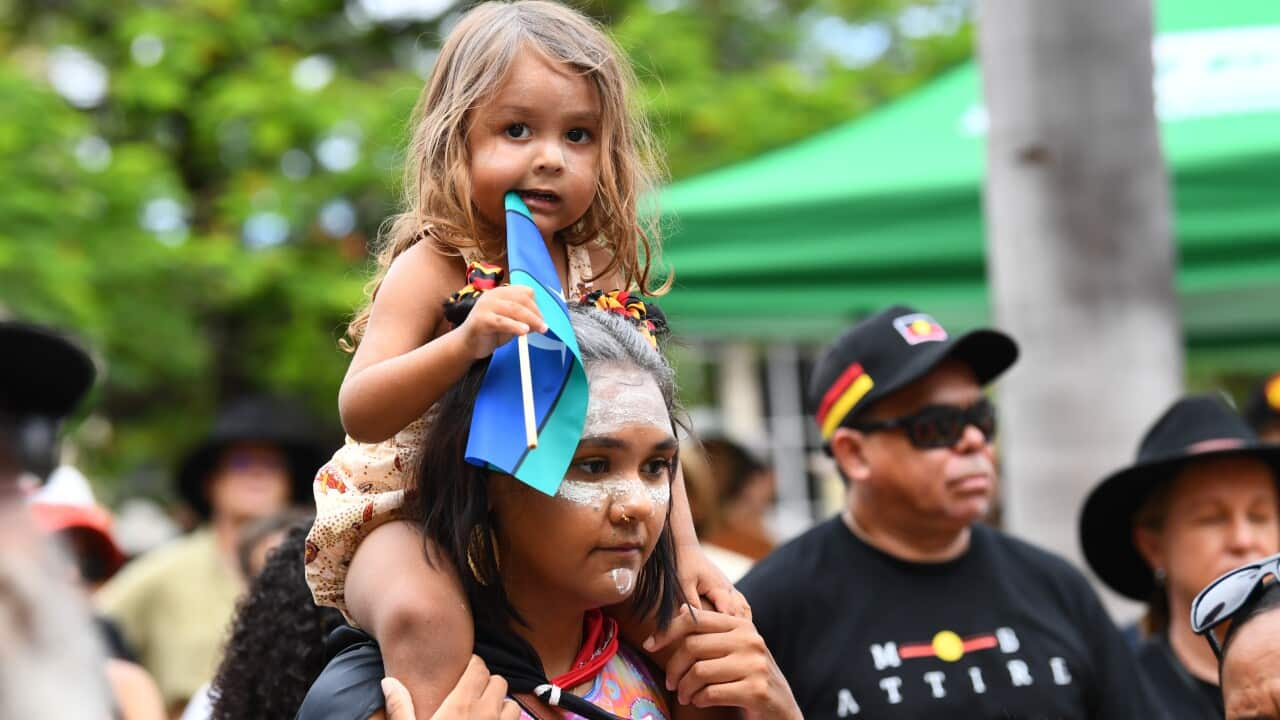Key Points
- Medicare does not cover most dental care.
- If your family receives government benefits, your children may be eligible for Medicare bulk-billed dental services.
- General dentists can handle most aspects of dentistry up to a specific limit.
Dental health care means maintaining healthy teeth and mouth, including teeth, gums, and other tissues.
When it comes to the professionals providing dental care, the most common type we visit as patients is a general dentist. General dentists can perform a wide range of dental procedures within their scope of practice.
Dr Wessam Atteya is a general dentist based in Melbourne with over 15 years of experience in Australia.
He says that general dentists can handle most aspects of dentistry up to a specific limit. In some cases, patients are referred to other dental professionals available in Australia for specialised treatments.
"[A dentist] might require referring to a , who is someone specialising in a specific aspect in dentistry, like surgery, dental implants, sometimes full mouth rehabilitation. Kids also have some specialist types of dentists," Dr Atteya explains.
There are also oral health therapists, Dr Atteya mentions. These professionals are trained to perform preventive and restorative procedures such as dental cleanings and examinations.
They play a crucial role in educating patients about proper oral hygiene practices and disease prevention.

Private practices are where patients pay for treatment out of pocket or with private health insurance. Credit: XiXinXing/Getty Images/Xixinxing
Private vs. Public dental care
Dental services in Australia are available in private and public clinics. Public clinics offer more affordable non-cosmetic treatments.
Dr Atteya explains that patients may be unable to choose which dentist they see in public dental clinics.
"Patients visiting public practices can be treated sometimes by dental students or oral health therapists, but obviously under the supervision of a dentist," he adds.
The Melbourne-based dentist highlights that public clinics often experience high demand, resulting in longer appointment waiting times.
In addition, patients may be required to make a small payment for services.
This differs from private practices, where treatment fees must be paid out of pocket or through private health insurance.
"In private clinics, the patient gets the chance to choose which dentist to treat them. They also have wider access to full range of treatment options, including cosmetic treatments. And of course, they get exposure to some latest technology as well, which may not always be available in a public practice," Dr Atteya explains.
Child Dental Benefits Schedule (CDBS)
In Australia, dental healthcare services are not covered by , a publicly funded universal healthcare insurance scheme operated by Services Australia, the nation's social security agency.
Dr Atteya says that Medicare would only consider covering dental treatments for teenagers and young children under the scheme.
Your child can access CDBS when they're eligible for Medicare, they must be 17 years old or younger, and you or they receive an at least once that calendar year.
Services Australia's Community Information Officer Justin Bott explains the importance of the Child Dental Benefits Schedule.
The Child Dental Benefits Schedule aims to improve access to dental services for children to hopefully make sure that we don't have those issues of more oral disease again as an adult.Justin Bott, Communtiy Information Officer, Services Australia
"Now, how it works is [that] we cover up to $1,095 over two calendar years of basic dental services under the Child Dental Benefits Schedule," Mr Bott explains.
The CDBS two-year cap period begins when a child or teenager first receives an eligible dental service, and they must meet the eligibility requirements throughout that period.
Suppose your child continues to be eligible after the initial two-year period. In that case, you will receive additional funding for the next two-year period.
"That will keep going until the child is no longer eligible. And the amount is indexed on the 1st of January at the beginning of that two-year period that you gained. Now, the thing about it is that any balance you haven't used in that relevant two-year period it isn't kept. It isn't passed on, but you do get access to a new amount of money at the new two-year period," Mr Bott adds.
The CDBS covers check-ups, x-rays, cleaning, fissure sealing, fillings, root canals, and extraction, and it doesn't cover things like orthodontics for braces or cosmetic dental work.
Mr Bott says that the critical step in accessing or using this CDBS service is letting your dentist know you will take advantage of it before receiving treatment.
You can always check your child's balance online through your account, which lets you link all government services online in one place or by calling the Medicare program.
Your dentist can also check your child's available benefits and remaining balance at the appointment.

Dental treatment in Australia is relatively expensive compared to other countries. Credit: Tom Werner/Getty Images
Why is dental health care expensive in Australia compared to other countries?
In Australia, dental care is primarily provided by private clinics. Dr Atteya notes that dental treatment here is relatively expensive compared to other countries, due in part to the high operating costs of dental practices, among other factors.
"Dentists spend at least five years of education, usually even more, and the requirement for a dentist to stay up to date requires them to spend a lot of money on continuing professional education to guarantee they provide the most up to date and most evidence-based dentistry."
To minimise costly dental bills and prevent future dental issues, he suggests being proactive about oral health care.
I would highlight the word prevention and care to prioritise oral care, see a dentist on a regular basis, and that's six monthly, so twice a year, before you even start to feel there's something wrong going on.Wessam Atteya, Dentist
For more information about public dental services for children and adults, emergency dental care, and specific specialist procedures in each state or territory.
- Australian Capital Territory:
- New South Wales:
- Northern Territory:
- Queensland:
- South Australia:
- Tasmania:
- Victoria:
- Western Australia:
Subscribe or follow the Australia Explained podcast for more valuable information and tips about settling into your new life in Australia.
Do you have any questions or topic ideas? Send us an email to
















